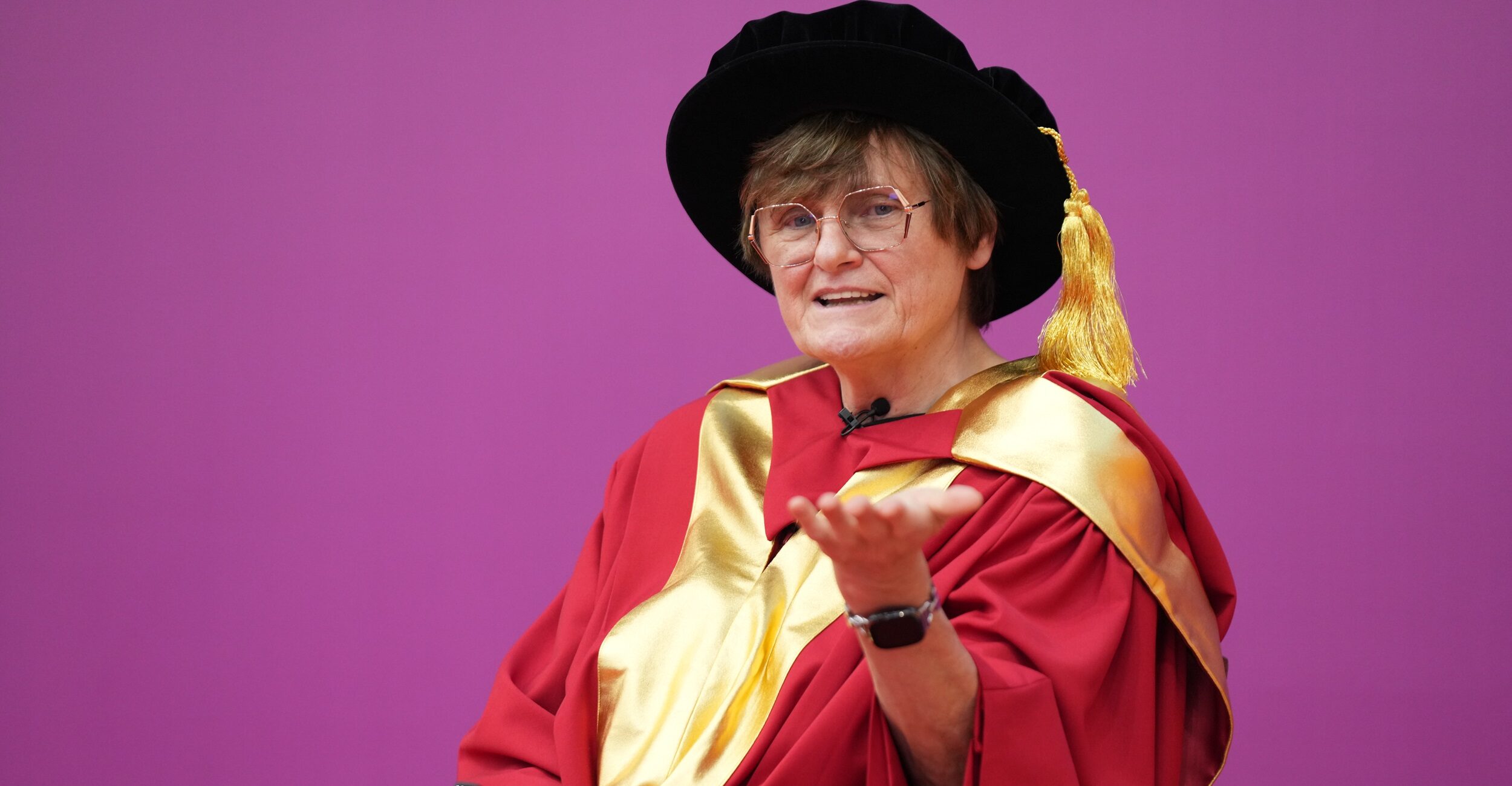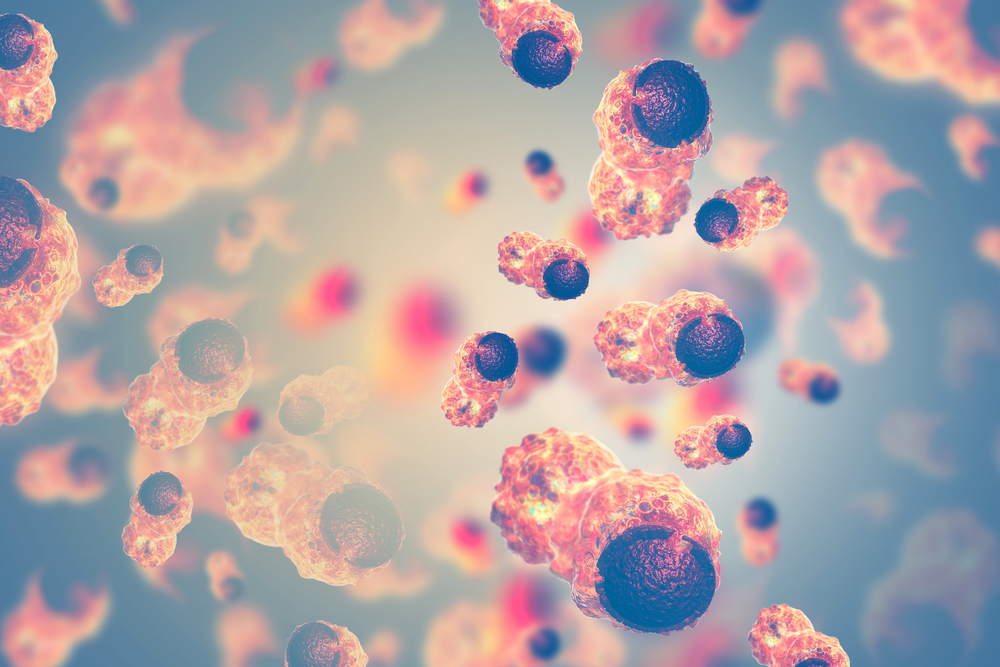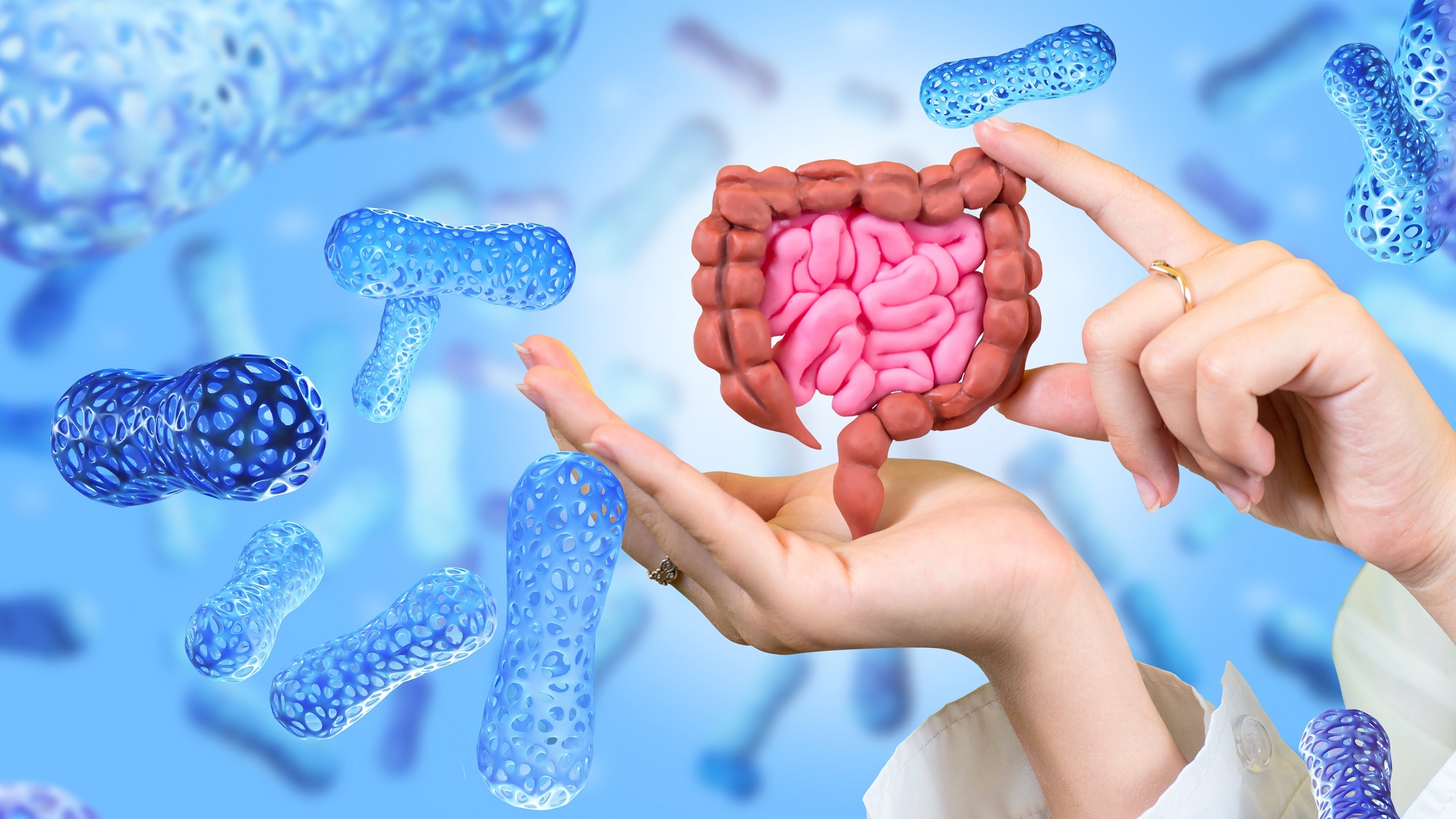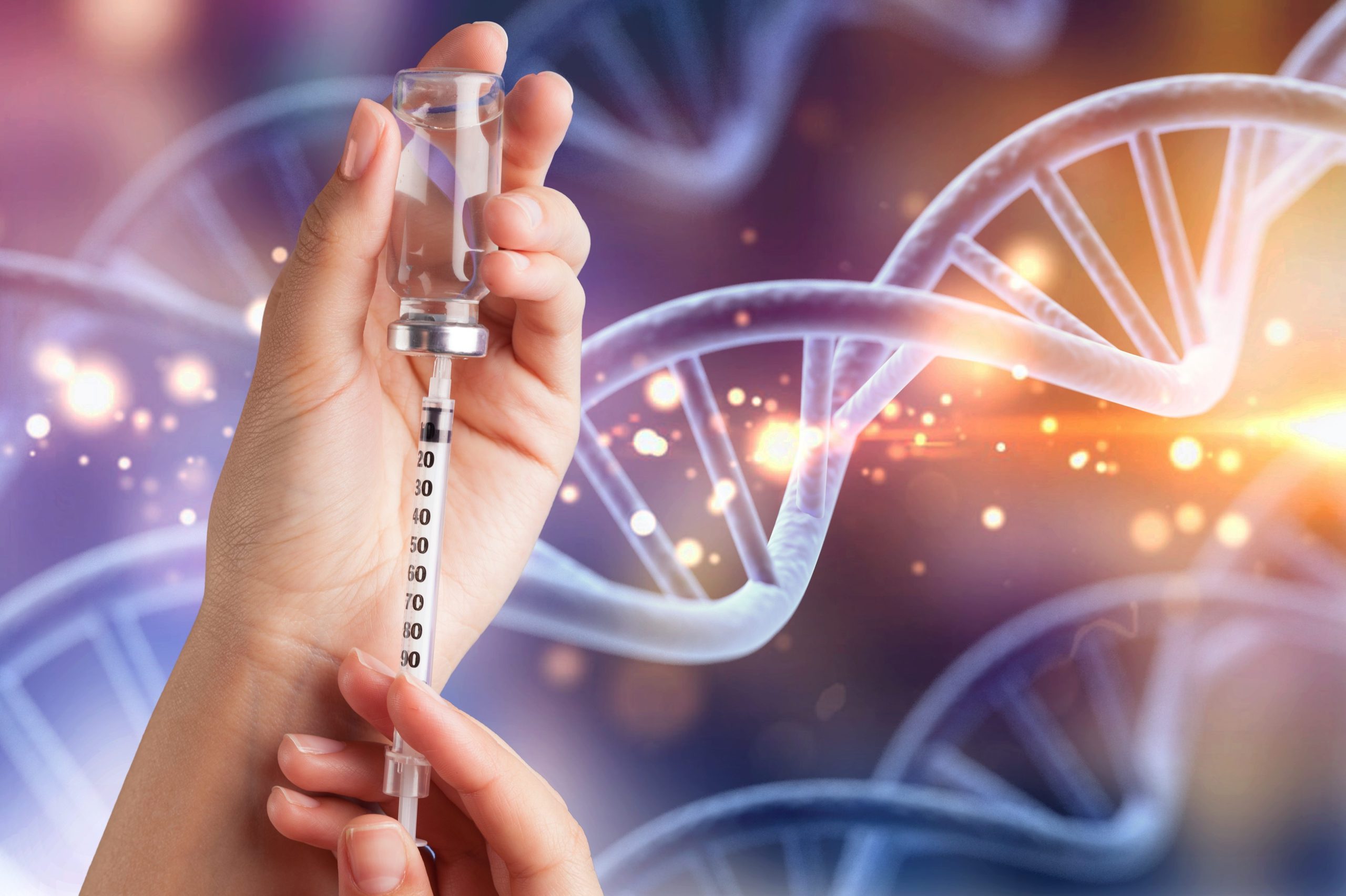In a clinic room filled with medical staff lining up to get Covid vaccines, a woman finds herself overwhelmed with emotions and begins to choke up. Yet, those are not tears of fear or sadness, but tears of joy and pride. It dawns on her that her decades of hard work have finally paid off. The mRNA vaccines she helped develop have saved millions of lives from and helped the world navigate a way out of the worst of the pandemic.
That remarkable woman is Professor Katalin Karikó, a Hungarian-American biochemist and Time magazine’s Hero of the Year in 2021 who recently received an honorary doctorate from The Chinese University of Hong Kong (CUHK) in recognition of her numerous achievements. This was a story she told the audience in the conferment ceremony during her visit to CUHK.
Professor Karikó’s journey, from her humble beginnings to her groundbreaking research, stands as a testament to her unwavering perseverance and determination. She says jokingly, “Whenever I get an award, I say thanks to the people who tried to make my life miserable. Because they made me stronger, feistier and more resilient.”
Born in 1955 behind the Iron Curtain in a small village in Hungary, Professor Karikó endured a childhood marked by hardship and scarcity. Access to scientific journals was extremely limited due to the Cold War. Nonetheless, even in those challenging circumstances, her passion for science and her unyielding spirit anchored her work.
In 1985 when the Biological Research Centre of the Hungarian Academy of Sciences lost its funding, she made a daring and risky decision to embark on a journey to the US. She and her husband, along with their two-year-old daughter, moved to the US carrying £900 (HK$8,900) stuffed inside the daughter’s teddy bear to evade the strict currency controls of the time.
However, the American dream was hardly plain sailing, and the challenges facing Professor Karikó were only just beginning. Despite the promising results in RNA-related therapy trials, she faced constant rejection and skepticism when trying to convince others of the potential of mRNA gene therapy. She was told her research was going nowhere, her grant applications were repeatedly rejected, and in 1995 she was demoted by the University of Pennsylvania.
“I was working for years and years, and my salary was like a technician, but it was OK. I was happy to do the research,” she says.
With the tenacity shown by immigrants the world over, Professor Karikó refused to give up easily. She persevered, forming a partnership with the university’s immunology professor Drew Weissman, and eventually they made their big breakthrough, finding a way to modify mRNA and deliver it in lipid nanoparticles so that it could trigger an immune response – laying the groundwork for what would become the Covid mRNA vaccines.
To bring her research to fruition, she decided to leave the university in 2013 to take up the position as vice president of BioNTech in Germany. When the Covid pandemic hit, the use of mRNA was the reason vaccines were developed so quickly at unprecedented speed – about just two months after the public announcement of the virus’s genome. “There’s no way to develop the product any other way so quickly, because you just have to change the DNA template and then you can generate a new mRNA vaccine.”
Professor Karikó’s life-saving work has garnered her over 100 honours and awards (so many that they have their own Wikipedia page), including receiving the Tang Prize in Biopharmaceutical Science, the Benjamin Franklin Medal in Life Science and the Lasker-DeBakey Clinical Medical Research Award.
A focused and dedicated scientist, Professor Karikó has never craved the spotlight. But she realises her role as a scientific luminary extends far beyond personal accolades. She now feels a big responsibility to utilise her platform to engage with young minds and preach the importance of science.
“Every single word I say, kids will listen, and I want them to see that science is important and to be a scientist is an exciting thing. That you understand part of nature – it is just an unbelievable experience. To be a scientist is a joy.”
Looking into the future, she envisions mRNA could be used for everything from healing wounds to treating a whole range of serious diseases. Scientists around the world are already working on vaccines and treatments to combat pancreatic cancer, melanoma, heart disease, tuberculosis, Lyme disease, malaria, sickle cell anemia, and allergies to peanuts and dust mites, among others. The possibilities are boundless. Professor Karikó firmly believes that the seeds of inspiration she has planted will blossom into scientists of tomorrow, and they will be the ones who will rise to solve these challenges.











